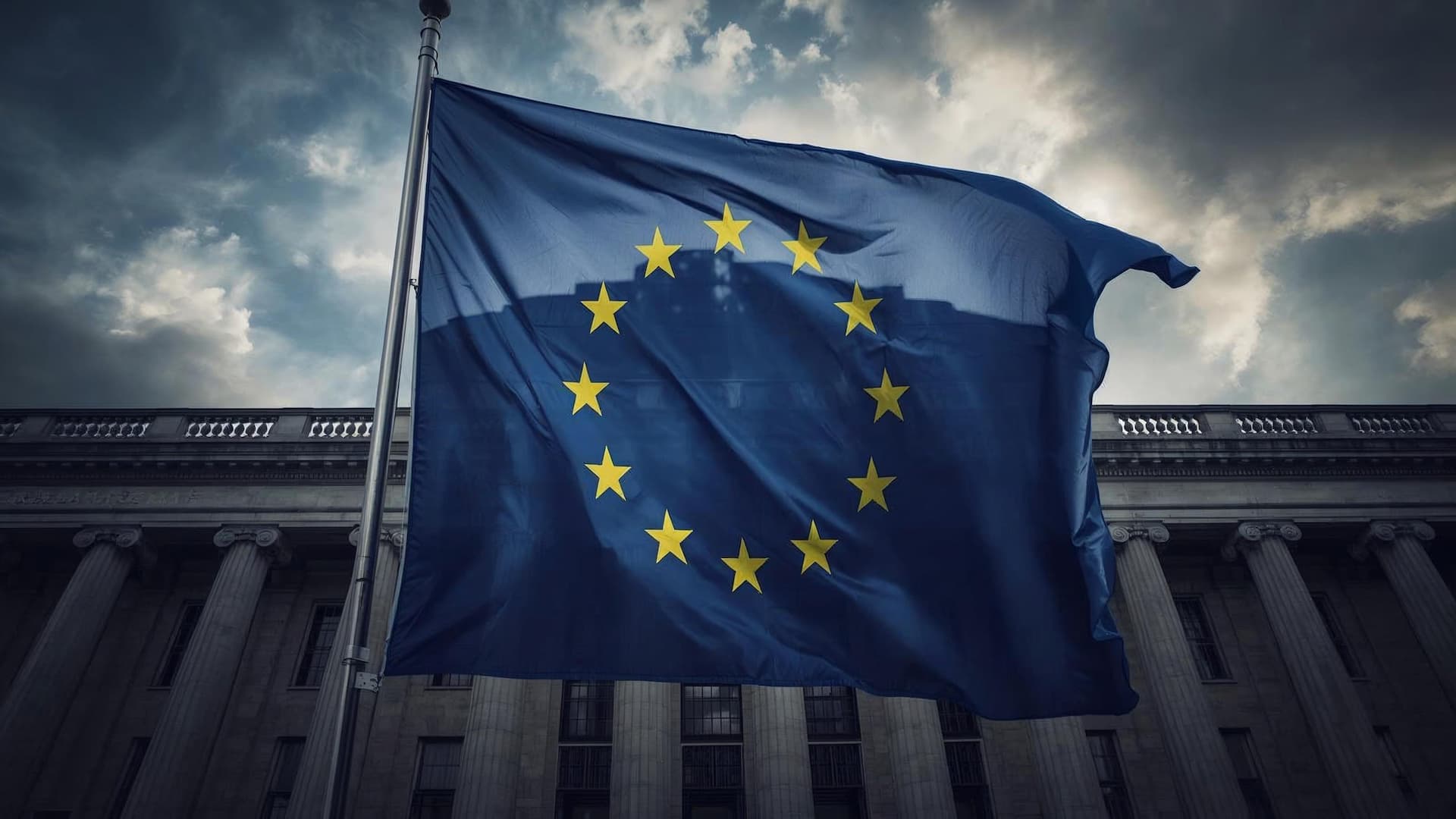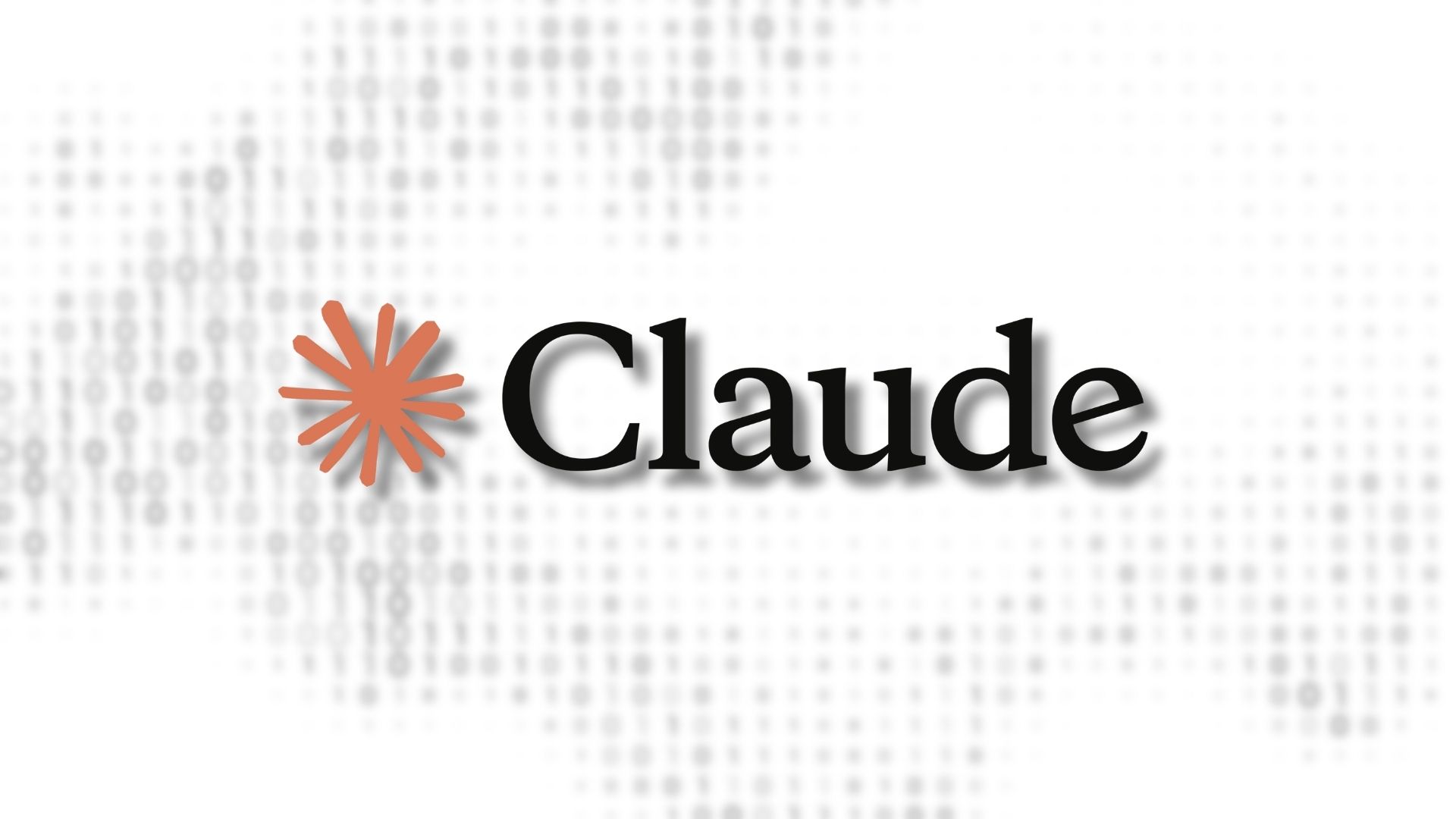A new study from Anthropic offers an early picture of how people allow AI agents to work independently in real conditions.
By examining millions of interactions across its public API and its coding agent Claude Code, the company explored how long agents operate without supervision and how users change their behaviour as they gain experience.
The analysis shows a sharp rise in the longest autonomous sessions, with top users permitting the agent to work for more than forty minutes instead of cutting tasks short.
Experienced users appear more comfortable letting the AI agent proceed on its own, shifting towards auto-approve instead of checking each action.
At the same time, these users interrupt more often when something seems unusual, which suggests that trust develops alongside a more refined sense of when oversight is required.
The agent also demonstrates its own form of caution by pausing to ask for clarification more frequently than humans interrupt it as tasks become more complex.
The research identifies a broad spread of domains that rely on agents, with software engineering dominating usage but early signs of adoption emerging in healthcare, cybersecurity and finance.
Most actions remain low-risk and reversible, supported by safeguards such as restricted permissions or human involvement instead of fully automated execution. Only a tiny fraction of actions reveal irreversible consequences such as sending messages to external recipients.
Anthropic notes that real-world autonomy remains far below the potential suggested by external capability evaluations, including those by METR.
The company argues that safer deployment will depend on stronger post-deployment monitoring systems and better design for human-AI cooperation so that autonomy is managed jointly rather than granted blindly.
Would you like to learn more about AI, tech and digital diplomacy? If so, ask our Diplo chatbot!










